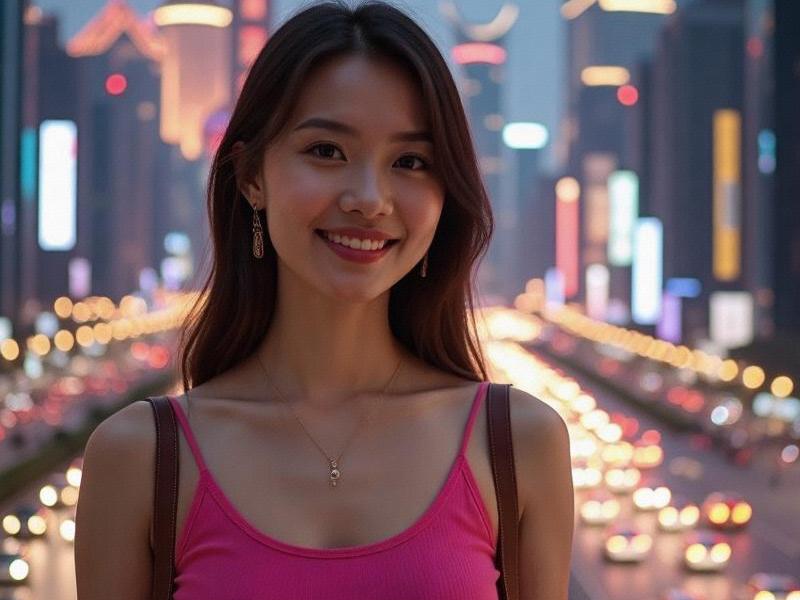
The morning light reflects off the Huangpu River as 27-year-old entrepreneur Li Jia prepares for her morning livestream. In today's session - broadcast to her 3.8 million followers - she will demonstrate a Ming Dynasty-inspired skincare technique while reviewing the latest augmented reality makeup app. This perfect marriage of tradition and technology encapsulates how Shanghai women are reshaping Asia's beauty landscape.
Historical Foundations
1920s-1940s:
- The original "Shanghai Modern Girl" movement
- First Chinese-owned cosmetics companies
- Qipao fashion revolution
1980s-2000s:
- Post-reform economic liberation
- Japanese/Korean beauty influence
- Rise of domestic beauty conglomerates
上海龙凤sh419 2010s-Present:
- Digital creator economy explosion
- "Skinimalism" philosophy
- TCM beauty revival
- Cultural confidence movement
2025 Market Analysis
Shanghai Beauty Industry Report:
- Local influencer brands hold 43% market share
- 79% prefer natural makeup aesthetics
- Cosmetic surgery rates 28% below national average
- 62% of top beauty creators have advanced degrees
上海娱乐 Cultural Synthesis
Emerging Trends:
1. "Smart Beauty" technology integration
2. Heritage craft preservation
3. Sustainable luxury movement
4. Female entrepreneur networks
Industry Innovations
Key Developments:
- AI-powered skin diagnostics
上海龙凤阿拉后花园 - Virtual makeup try-on systems
- Green chemistry breakthroughs
- On-demand manufacturing models
Social Dimensions
Critical Considerations:
- Mental health impacts
- Age inclusivity progress
- Body positivity movement
- Ethical supply chains
As sociologist Dr. Wang Mei observes: "Shanghai women aren't just consumers of beauty - they're architects of a sophisticated visual language that balances global sophistication with authentic Chinese identity." From the research labs of domestic skincare innovators to the digital studios of content creators, a cultural revolution is unfolding that challenges conventional notions of Asian femininity.
